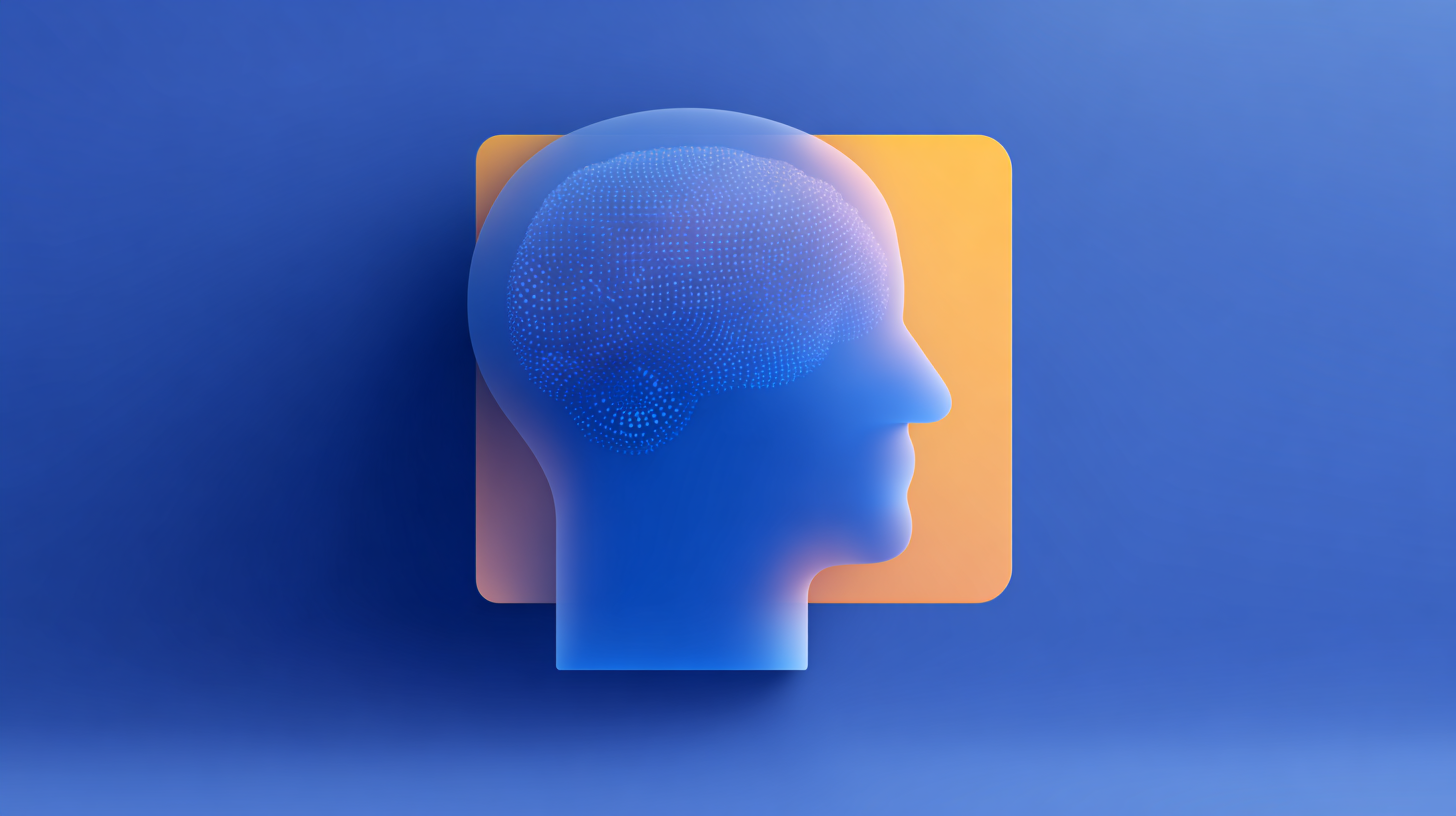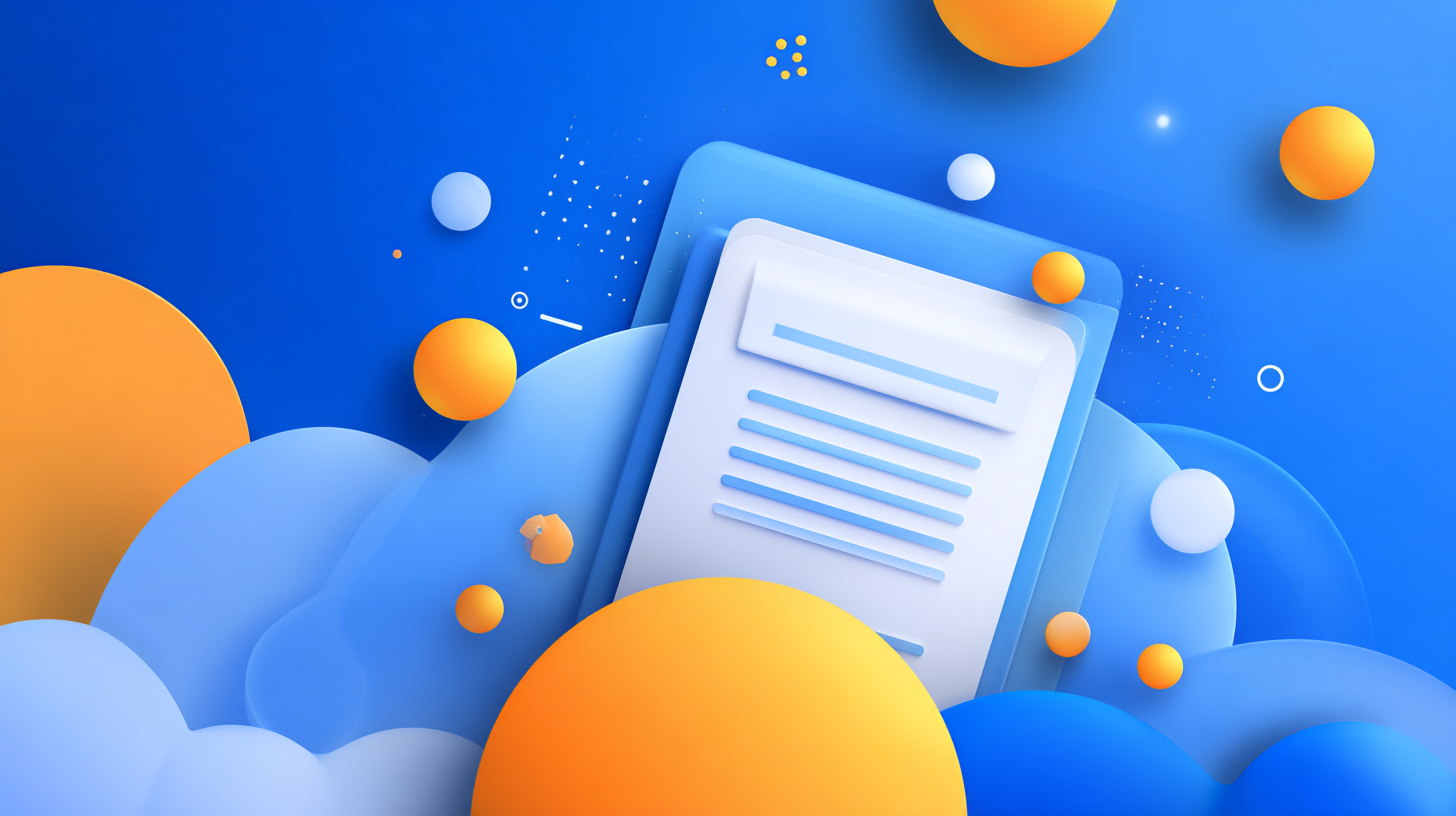The landscape of human resources (HR) is undergoing a seismic shift, largely driven by advancements in artificial intelligence (AI). In particular, IBM’s Chief Human Resources Officer, Nickle LaMoreaux, has spearheaded transformative initiatives that demonstrate how AI can enhance employee engagement and streamline HR processes. In this article, we will explore AI’s role in HR, the challenges of its adoption, and strategies for overcoming these hurdles to realize the full potential of AI technologies in staffing solutions.
The Transformational Power of AI in HR
AI in HR has moved from being a futuristic concept to a vital component of modern organizational strategy. As businesses strive to improve efficiency and reduce costs, integrating AI into HR practices offers solutions to longstanding issues like recruitment inefficiencies and employee disengagement. For example, IBM has leveraged AI to analyze vast amounts of employee data, enabling better decision-making and personalized employee experiences.
Key Challenges in Adopting AI
While the benefits of AI are apparent, several key challenges stand in the way of its successful implementation:
- Adoption Resistance: Many HR professionals and leaders may hesitate to embrace AI technologies due to fear of job displacement or lack of understanding.
- Process Change: Implementing AI requires significant alterations to existing HR processes, which can provoke discomfort among employees and management alike.
- Employee Engagement: Despite the potential for enhancing engagement, there can be skepticism about AI’s role in fostering genuine human connection in the workplace.
Addressing Adoption Resistance
To facilitate the integration of AI into HR, organizations must cultivate a culture of innovation and continuous learning. Firstly, education is crucial; HR leaders should be proactive in informing their teams about the possibilities AI offers. Workshops, seminars, and training sessions can demystify AI and demonstrate its practical applications. Additionally, involving employees in pilot projects can reduce resistance, allowing them to witness firsthand the benefits of AI tools in real-world scenarios.
Navigating Process Change
Successful AI implementation also hinges on a willingness to adapt current HR processes. Organizations should approach this transition with an open mindset. For instance, adopting a phased implementation model can ease the shift. Instead of overhauling the entire HR function overnight, companies can introduce AI solutions gradually. Pilot initiatives focusing on specific tasks, such as recruitment automation or performance analytics, allow HR teams to assess effectiveness, gather feedback, and adjust accordingly.
Enhancing Employee Engagement Through AI
One of the most promising aspects of AI in HR is its potential to boost employee engagement. AI enables personalized experiences, fostering a more inclusive and rewarding workplace. For example, AI-driven platforms can tailor learning and development programs to individual employees’ needs, ensuring that training is relevant and impactful. This personalization leads to improved employee satisfaction and productivity.
Moreover, AI can facilitate real-time feedback, enabling employees to voice their opinions and concerns more easily. Creating avenues for dialogue enhances trust and transparency within the workplace, ultimately driving engagement.
Real-World Applications of AI in HR
Several organizations are already witnessing remarkable outcomes from their AI initiatives. For instance, IBM’s Watson has been employed to assist in recruitment, helping HR teams identify the best candidates by analyzing resumes and social media profiles against job descriptions. This usage of AI streamlines the hiring process and reduces biases, ultimately leading to a more diverse workforce.
Another example is using AI for employee sentiment analysis, where platforms analyze employee communications to gauge morale and engagement. Organizations can pinpoint areas needing attention, leading to proactive measures that can enhance the overall employee experience.
Future Trends in AI and HR Technology
As AI continues to evolve, its influence on HR and staffing solutions will only grow. Emerging trends include:
- Advanced Data Analytics: AI will increasingly leverage big data to offer deeper insights into workforce trends, allowing HR professionals to anticipate shifts and adapt strategies accordingly.
- Enhanced Recruitment Tools: AI-powered algorithms will refine the recruitment process further, utilizing machine learning to continually improve candidate matching based on historical data.
- Virtual Reality (VR) in Training: AI will likely integrate with VR for immersive training experiences, providing employees with engaging scenarios that enhance learning retention.
Steps to Effectively Integrate AI into Your HR Strategies
Integrating AI into HR is not merely a technical implementation; it requires a strategic approach. Here are essential steps HR leaders can follow:
- Define Objectives: Clearly outline what you hope to achieve with AI, whether reducing hiring time, improving employee retention, or enhancing engagement.
- Choose the Right Tools: Research AI platforms that best meet your organizational needs, focusing on user-friendliness and integration capabilities.
- Gather the Team: Involve key stakeholders, including IT and employee representatives, to ensure a holistic perspective and foster buy-in.
- Train and Support: Provide training to all employees involved. Continuous education will ease the transition, mitigate resistance, and empower staff.
- Measure Success: Establish metrics to evaluate the AI initiatives’ effectiveness. Gathering feedback will allow for adjustments and continuous improvement.
Conclusion: The Path Forward
As organizations like IBM demonstrate, the potential of AI in HR is profound. By addressing common challenges such as adoption resistance and process change, organizations can effectively harness AI to transform employee engagement and streamline HR processes. As HR professionals, it is imperative to stay informed about current trends in AI and HR technology. Organizations that embrace this change will not only enhance their operational efficiency but also create a work environment where employees feel valued and engaged.
As we look to the future, it’s time for HR professionals and business executives to explore how AI can transform your HR processes. By investing in AI technologies and adopting forward-thinking strategies, companies will be well-positioned to thrive in the competitive landscape of tomorrow.





